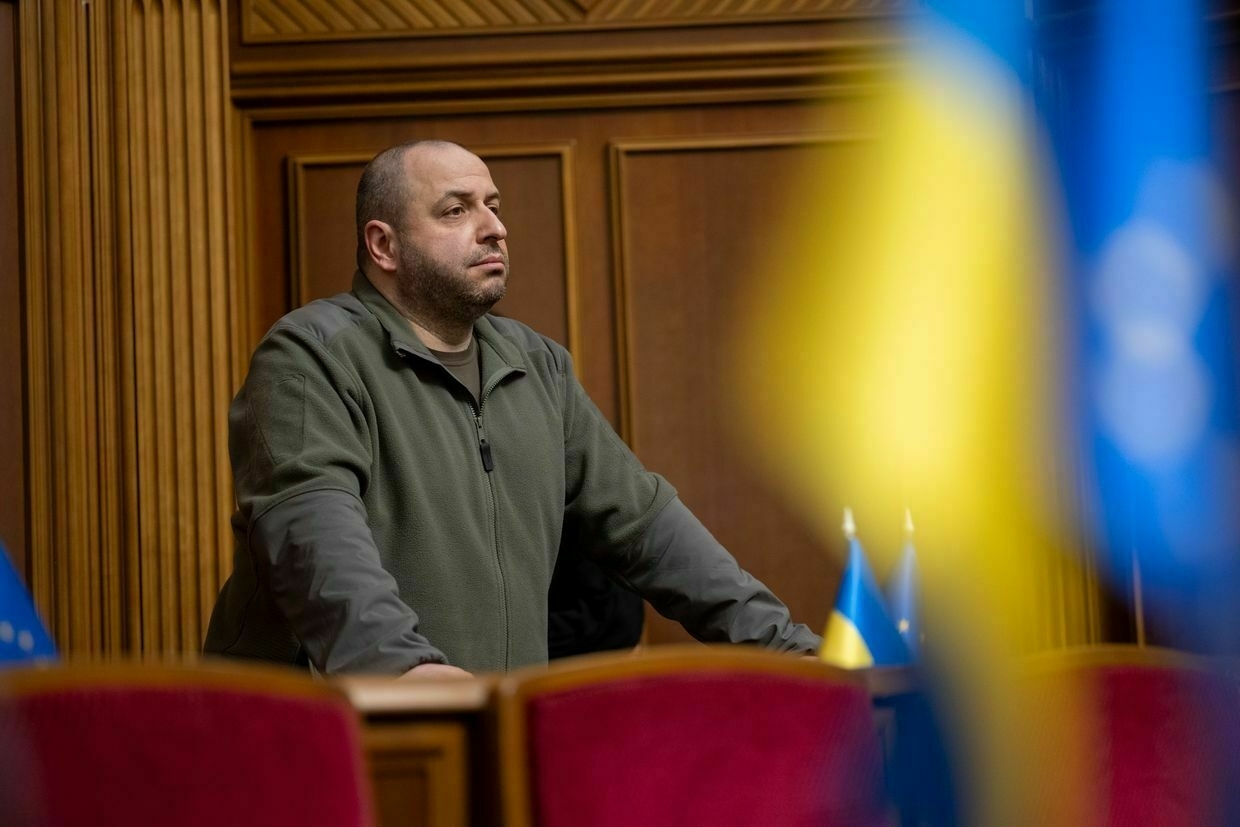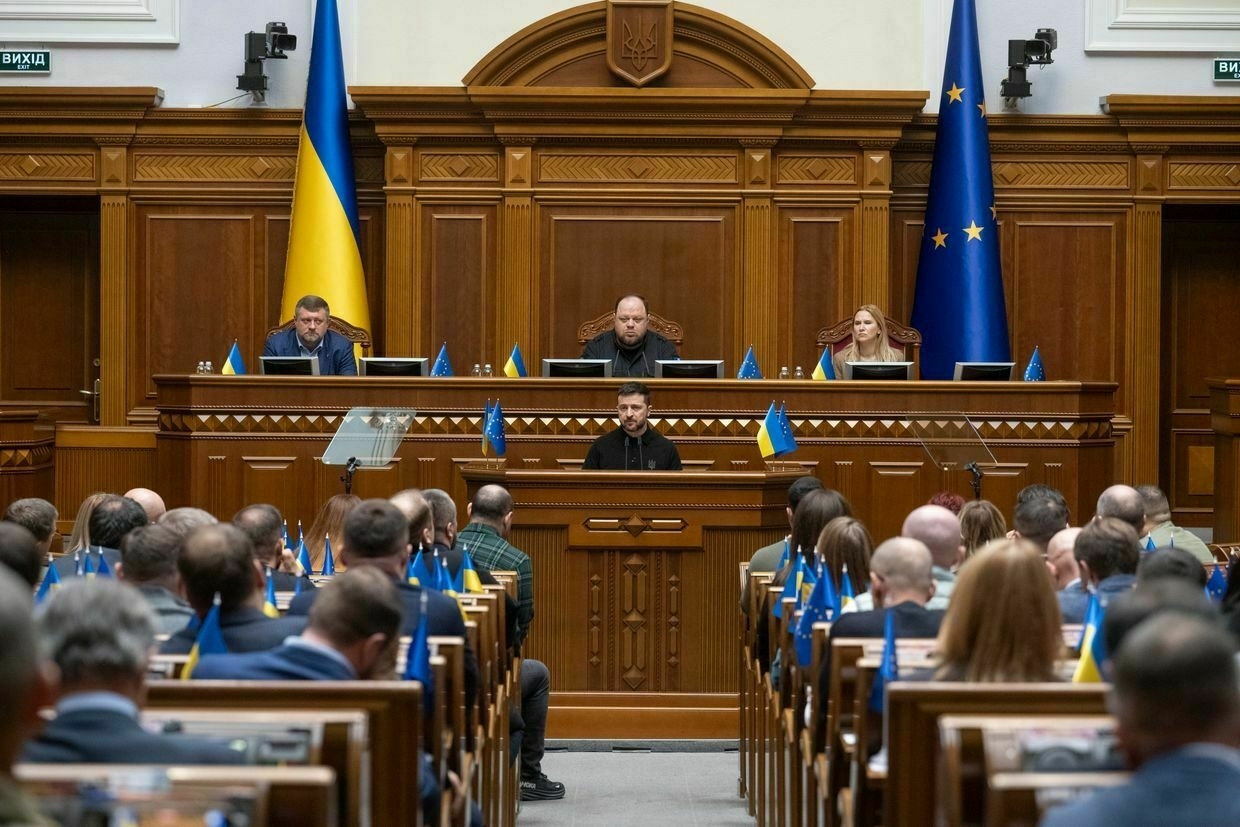
Russia’s all-out war has accelerated Ukraine’s push to join the European Union and NATO, as well as its dependency on Western loans and aid.
Before, these things would have been heavily preconditioned on Ukraine implementing crucial reforms.
However, the war has also eased the pressure on Kyiv to carry out reforms — stalling the country’s progress in advancing anti-corruption programs and reforming law enforcement.
The key reason is that Ukraine’s formerly demanding Western backers have preferred not to set strict conditions for a country at war.
U.S. President Donald Trump’s administration has shown little interest in Ukraine, and even less interest in the country’s domestic reforms.
The European Union has also been lenient on law enforcement and anti-corruption reforms in Ukraine, several members of Ukraine’s parliament and civil society told the Kyiv Independent.
The sources said that this soft-touch approach has backfired, leaving Ukrainians with either half-baked or failed reforms in crucial sectors.
Some sources spoke on condition of anonymity due to the sensitivity of the issue: they were raising concerns about the lack of pressure on their country to implement reforms during war.
 The Kyiv IndependentOleg Sukhov
The Kyiv IndependentOleg Sukhov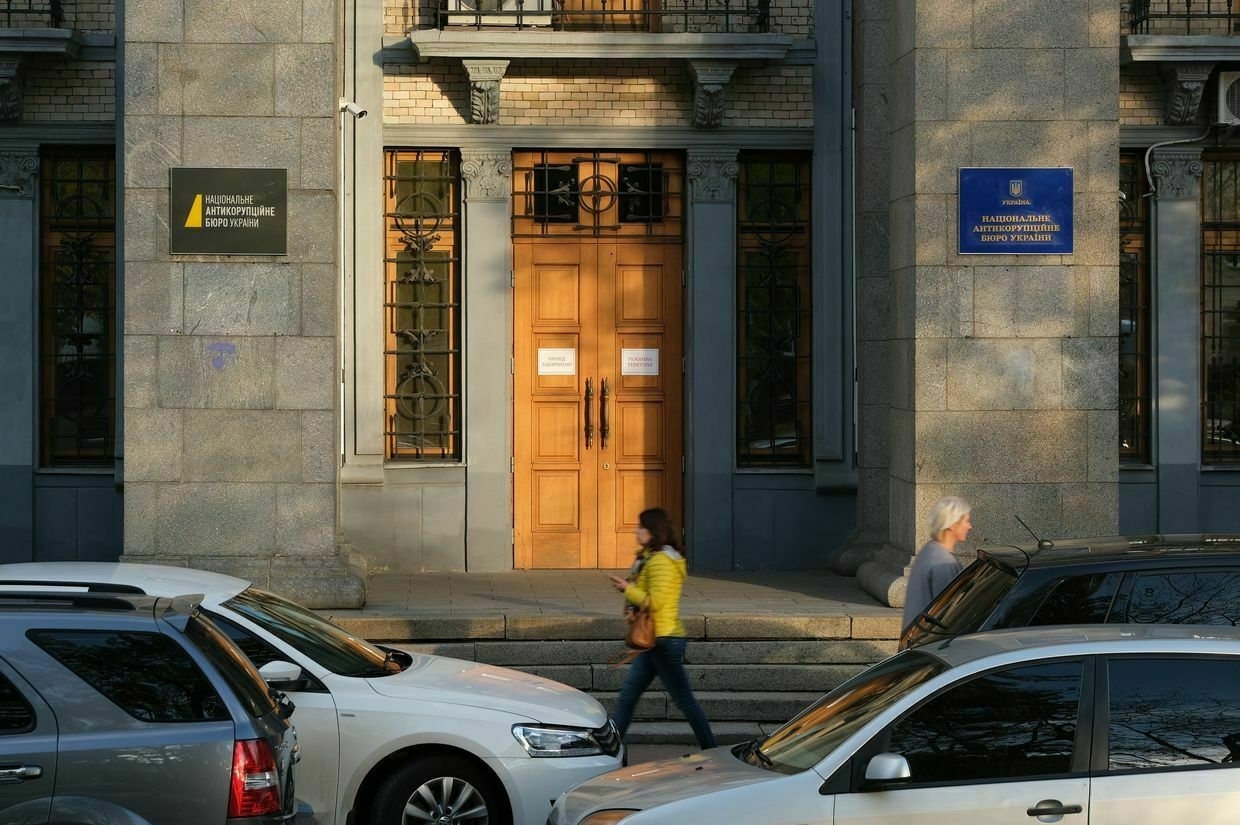
All eyes on accession
The West’s leverage over reforms in Ukraine traditionally stems from financial assistance given to Kyiv by the U.S., the EU, and the International Monetary Fund (IMF), as well as from Ukraine’s aspirations to join the EU and the conditions it must meet to do so.
The European Union granted Ukraine candidate status in 2022 and approved launching accession talks with Kyiv in 2024 despite several botched reforms. The decision was mainly seen as a political move in support of the country as it struggles to withstand Russia’s ongoing onslaught.
Still, anti-corruption activists and experts hope that Ukraine’s European integration will be a push for a number of critical reforms.
A European official leading the process, who spoke on condition of anonymity, admitted to the Kyiv Independent that the EU had been soft on Ukraine before the EU accession negotiations had been approved.
The source argued, though, that the strategy would change radically due to the European Union’s stronger leverage that comes with accession talks. The EU will closely track Ukraine’s progress on reforms and will agree to Kyiv’s accession to the bloc only if there is meaningful and fundamental change, according to the source.
The accession talks formally began in June 2024. However, they have proceeded slowly and have been derailed by political obstruction from within the Union.
Olha Stefanishyna, Ukraine’s deputy prime minister for European integration, denied the accusations that the country’s authorities are sabotaging reforms needed for EU accession.
The EU and U.S. embassies, as well as the International Monetary Fund and Ukraine’s President’s Office, did not respond to requests for comment.
The West’s demands have played a key role in driving critical Ukrainian reforms that kicked off after the pro-Western 2014 EuroMaidan Revolution, which ousted a pro-Russian president and his corrupt government.
Specifically, the U.S. and EU helped Ukraine to set up and develop anti-corruption institutions, including the National Anti-Corruption Bureau of Ukraine (NABU), the Special Anti-Corruption Prosecutor’s Office (SAPO), the High Anti-Corruption Court, and the National Agency for Corruption Prevention (NACP).
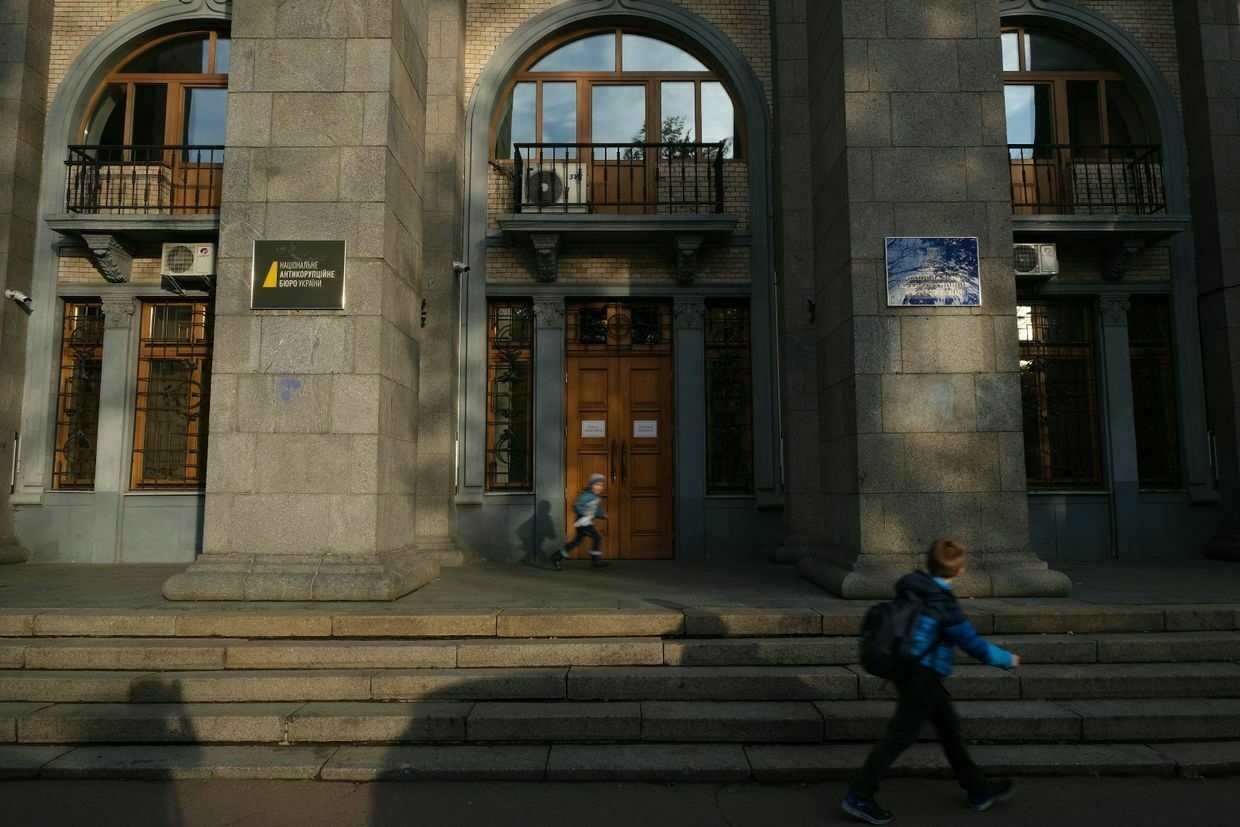
When the EU approved Ukraine’s candidate bid in 2022, its accession conditions also played a major role in reforms, Kateryna Butko, head of anti-corruption watchdog AutoMaidan, told the Kyiv Independent. Specifically, the EU urged Ukraine to speed up the selection of a new chief anti-corruption prosecutor and fill in Constitutional Court jobs with the participation of international experts, she said.
 The Kyiv IndependentOleg Sukhov
The Kyiv IndependentOleg Sukhov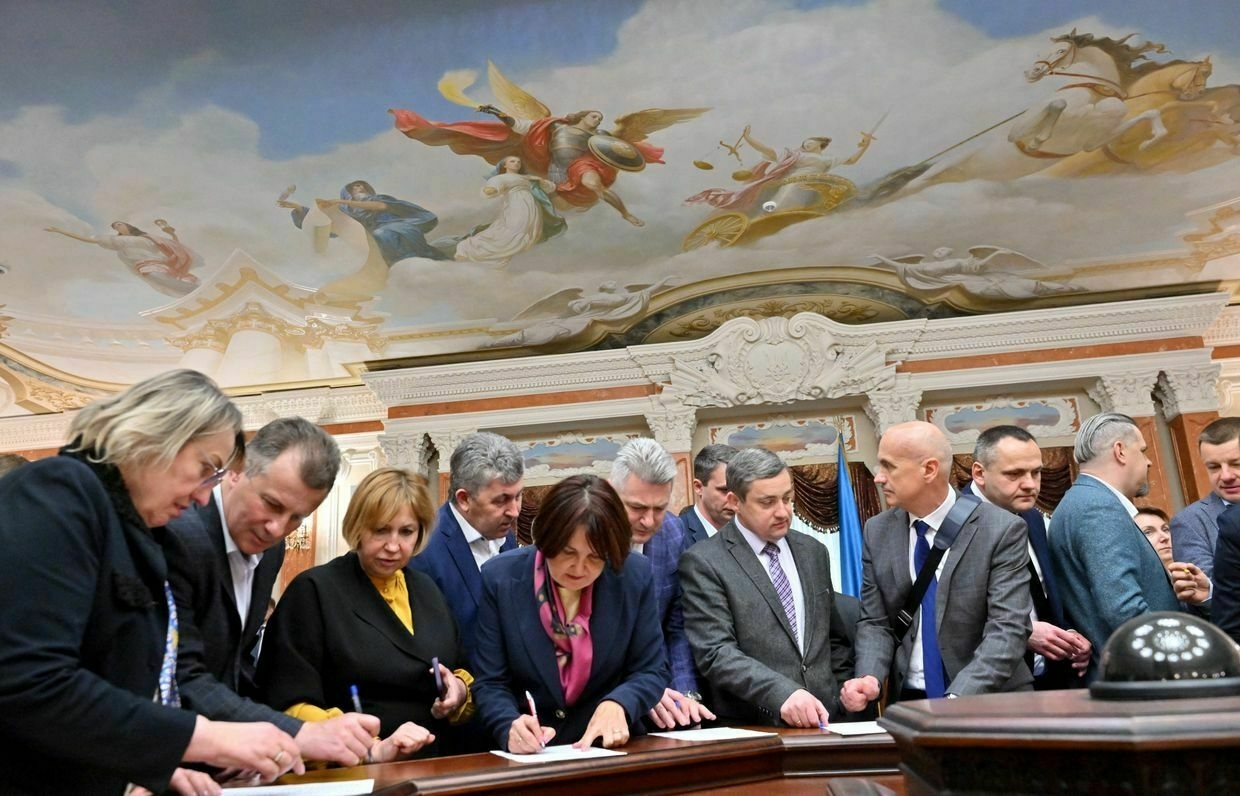
Exploiting the West’s weakness
The all-out war forced the EU into a difficult dilemma.
“On the one hand, (the Europeans) want reforms,” Yaroslav Yurchyshyn, a lawmaker from the opposition Holos party, told the Kyiv Independent. “On the other hand, they understand that we are protecting them (by fighting Russia). Meanwhile, our authorities have a ready excuse for everything — ‘We’re at war, why are you bothering us?'"
He said that the Ukrainian authorities fulfilled some of the West’s requirements at the beginning of the full-scale invasion, but “as time went on, the authorities explained all reform failures by appealing to the war effort."
“EU’s position is weak, and it allows our government to deceive it.”
As a result, there is a major delay in reforms, Yurchyshyn said.
"Since late 2023, it's been mostly imitation," he said. "Now, it's almost total imitation."
He said that some technical changes demanded by the EU were being implemented, but there was no progress on fundamental and "politically sensitive" reforms.
Yaroslav Zheleznyak, another lawmaker from Holos, also said that the "EU's position is weak, and it allows our government to deceive it."
Larysa Golnyk, a whistleblower judge who has exposed corruption, and Vitaly Tytych, former head of the judicial watchdog Public Integrity Council, also share this opinion.
Political uncertainty in the U.S. following Trump's election is not helping Ukrainian reforms either.
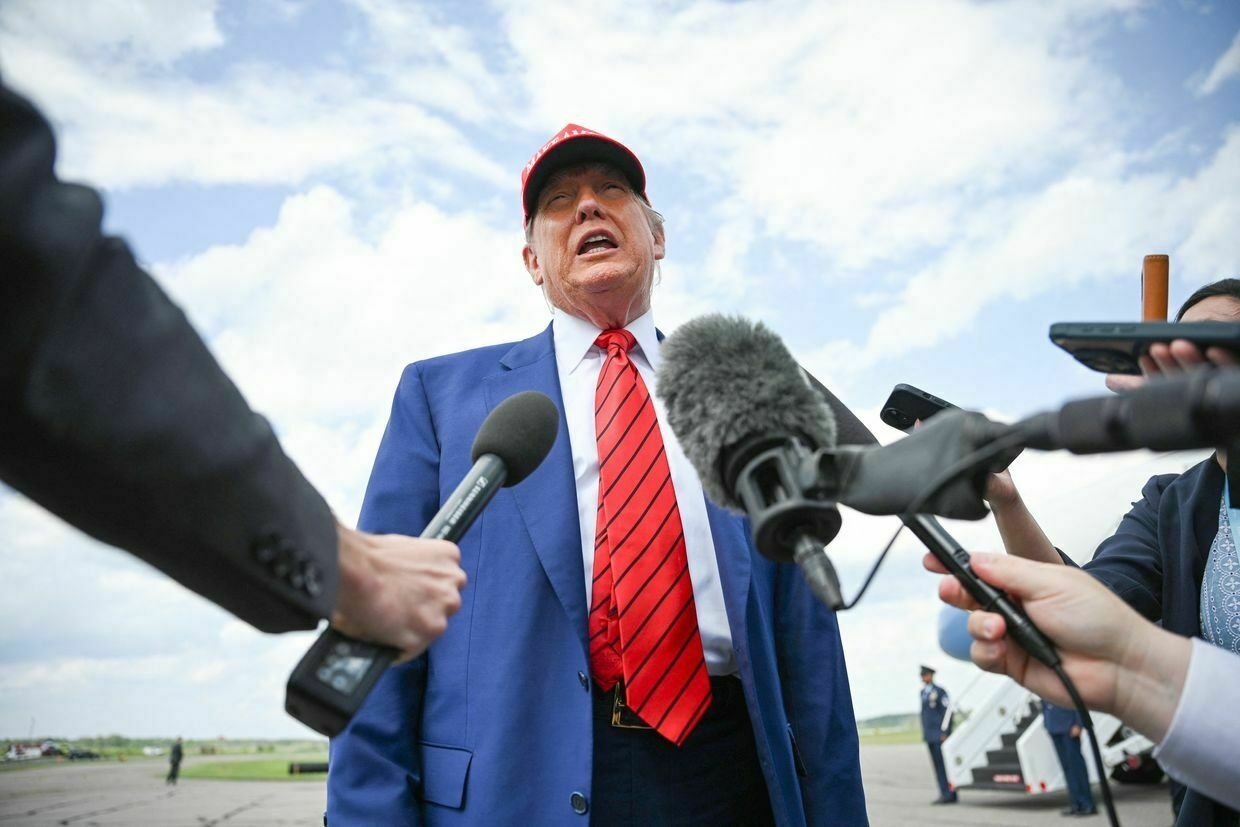
After taking office on Jan. 20, Trump froze funding for the U.S. Agency for International Development (USAID), which had financed the implementation of rule of law reforms in Ukraine. The Trump administration has also announced plans to dismantle USAID completely.
"After Trump was elected, the U.S. pulled out of Ukrainian reform processes," Yurchyshyn said. "Now they're mostly observers."
Meanwhile, Zheleznyak said that "after Trump was elected, our (Western) partners have lost appetite for reforms."
"Our authorities interpreted this as carte blanche to do anything they want," he added.
 The Kyiv IndependentOleg Sukhov
The Kyiv IndependentOleg Sukhov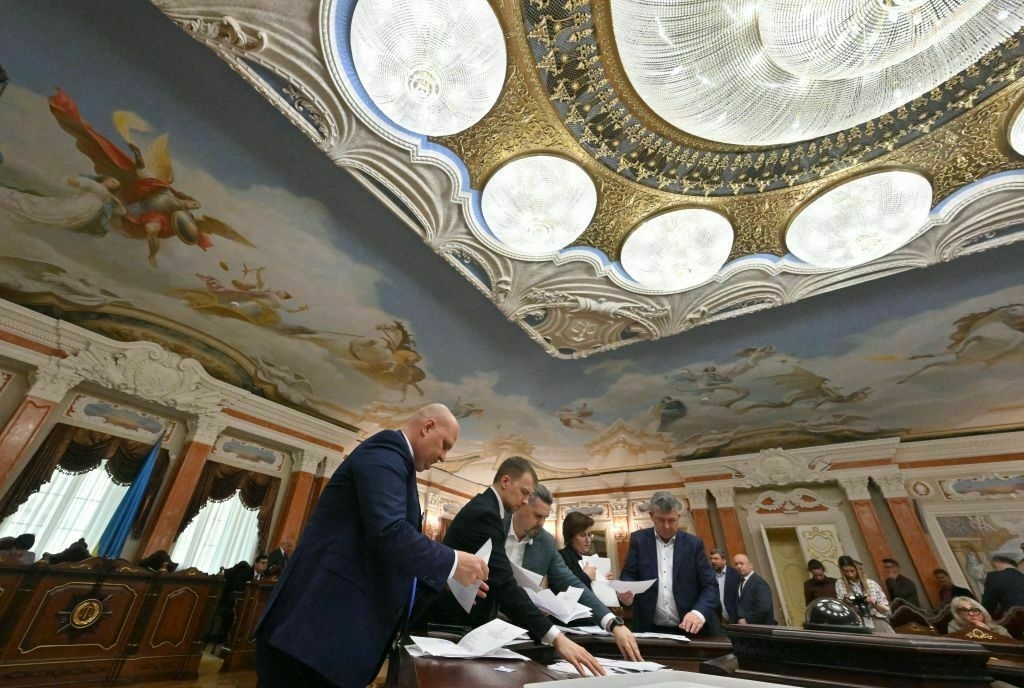
International experts' role
One example of stalled reforms is an ongoing effort by Ukrainian authorities to reduce the role of international experts on supervisory boards and selection panels in key law enforcement and procurement agencies, several sources in Ukraine's parliament and civil society told the Kyiv Independent.
Ukrainian officials on selection panels have often backed controversial candidates for top government jobs, and international experts have been invited to offset their role. Foreign experts' function is to check the integrity, independence and professionalism of candidates for key positions.
Deputy Prime Minister Stefanishyna said in parliament on Dec. 6 that Ukrainian authorities were planning to eventually stop using international experts in the process of selecting governing officials because Ukraine would allegedly be reformed enough to cope on its own.
Meanwhile, President Volodymyr Zelensky's Deputy Chief of Staff Iryna Mudra said at a meeting of parliament's legal policy and justice committee on Jan. 8 that international experts should play an advisory role rather than make decisions.
Ukraine's Western partners appear to have turned a blind eye.
A civil society source who has spent years pushing for judicial reforms said that the participation of international experts "is supposed to uphold the rule of law but the EU is backing down and making concessions."
The source spoke on condition of anonymity due to the sensitive nature of the subject.
"If they continue doing this, then we can forget about any real rule of law," the source added.
Specifically, Katarína Mathernová, the EU ambassador to Ukraine, has herself stated that Ukraine may not need international experts with a casting vote, according to the source. Mathernová did not respond to a request for comment.
The authority of international experts on the selection panels for the High Qualification Commission, a judicial governing body, and the High Anti-Corruption Court is set to expire in June and November, respectively.
There is a risk that their powers will not be extended, one of the civil society sources said.
Stefanishyna told the Kyiv Independent that the Ukrainian authorities have "no intention whatsoever of shutting down the existing selection processes" with the participation of international experts.
She also argued that, eventually, Ukraine's institutions would have to function without foreign experts.
"EU member states and the U.S. should not have to think about how judges are being selected (in Ukraine)," she said. "A system must be in place that is trusted, with a clear process, and those institutions must function."
 The Kyiv IndependentOleg Sukhov
The Kyiv IndependentOleg Sukhov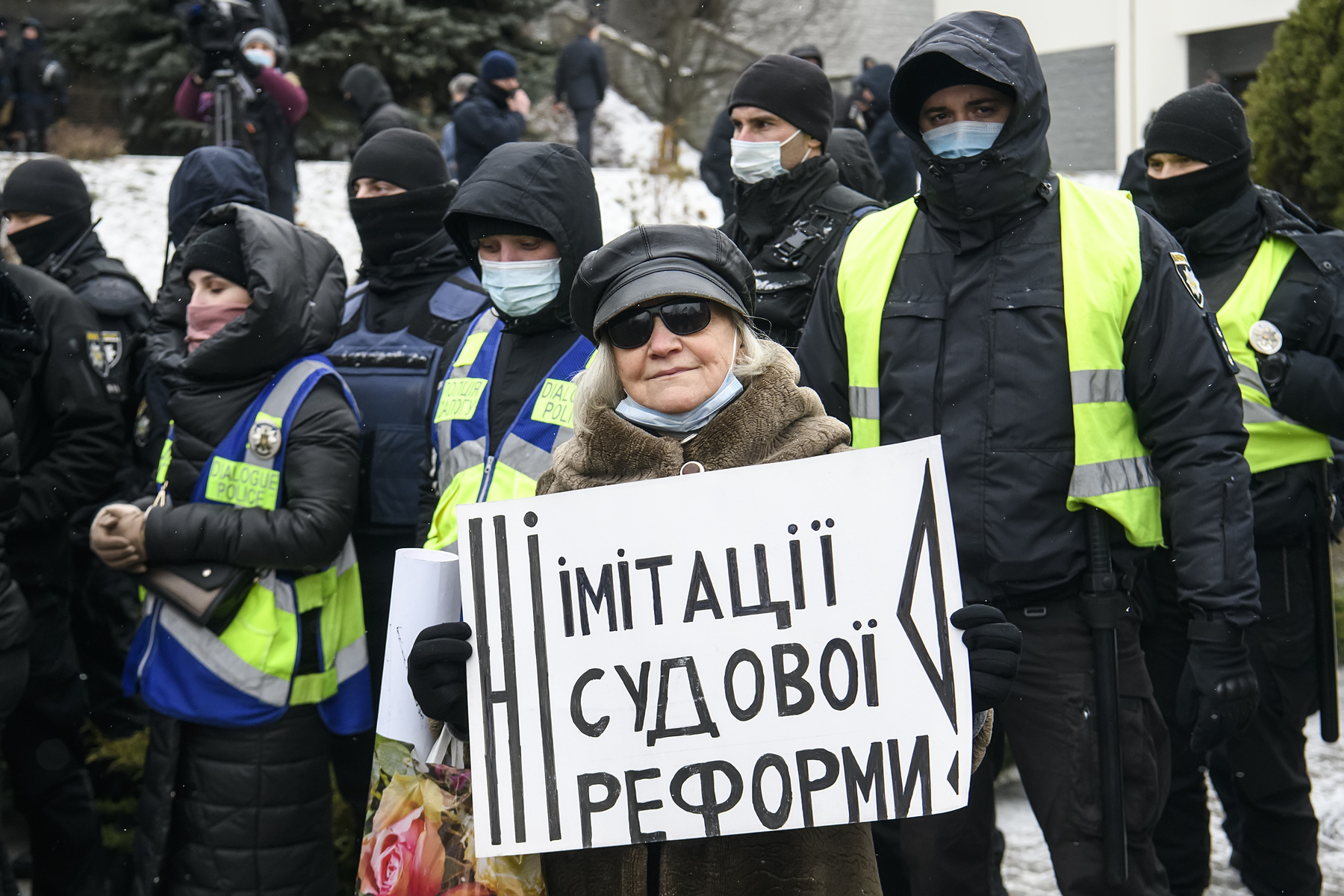
Botched judicial reforms
One example of a recently botched reform is the creation of the High Administrative Court, which is expected to play a crucial role by considering appeals against decisions made by government bodies. The court is expected to replace the discredited Kyiv District Administrative Court, which was liquidated in 2022 amid corruption investigations against its controversial ex-chairman, Pavlo Vovk.
Initially, Ukraine's international partners suggested that a panel fully consisting of foreign experts vet candidates for the High Administrative Court.
However, the Ukrainian government prepared a bill with a weaker role for international experts. Under that bill, candidates can be vetoed by a joint meeting of the High Qualification Commission and a panel that includes three Ukrainian experts and three international experts.
"The role of international experts has been completely watered down," one of the civil society sources told the Kyiv Independent.
The source said that, under the bill, it would be much harder for international experts to "stand their ground," given their diluted role.
In January the parliament went further and approved the first reading of a different bill, not supported by the Cabinet, creating a High Administrative Court without the participation of international experts at all.
Following a public outcry, the parliament backed down and approved the previous version of the bill in February, envisaging a panel with three Ukrainian experts and three foreign ones.
Another failed reform involves the Supreme Court.
Supreme Court judges have been involved in numerous scandals and controversies and faced accusations of corruption and other violations.
In 2022, the court's deputy chairman, Bohdan Lvov, was fired after his concealed Russian citizenship surfaced.
Vsevolod Kniaziev, then the court's chairman, was charged with accepting a $2.7 million bribe in 2023.
As a result, the judicial watchdog Dejure and other activists have called for inviting a panel of international experts to conduct integrity checks of Supreme Court judges.
On June 3, parliament ignored these calls and passed the first reading of a judicial reform bill that does not envisage integrity checks for Supreme Court judges with the participation of international experts.
 The Kyiv IndependentOleg Sukhov
The Kyiv IndependentOleg Sukhov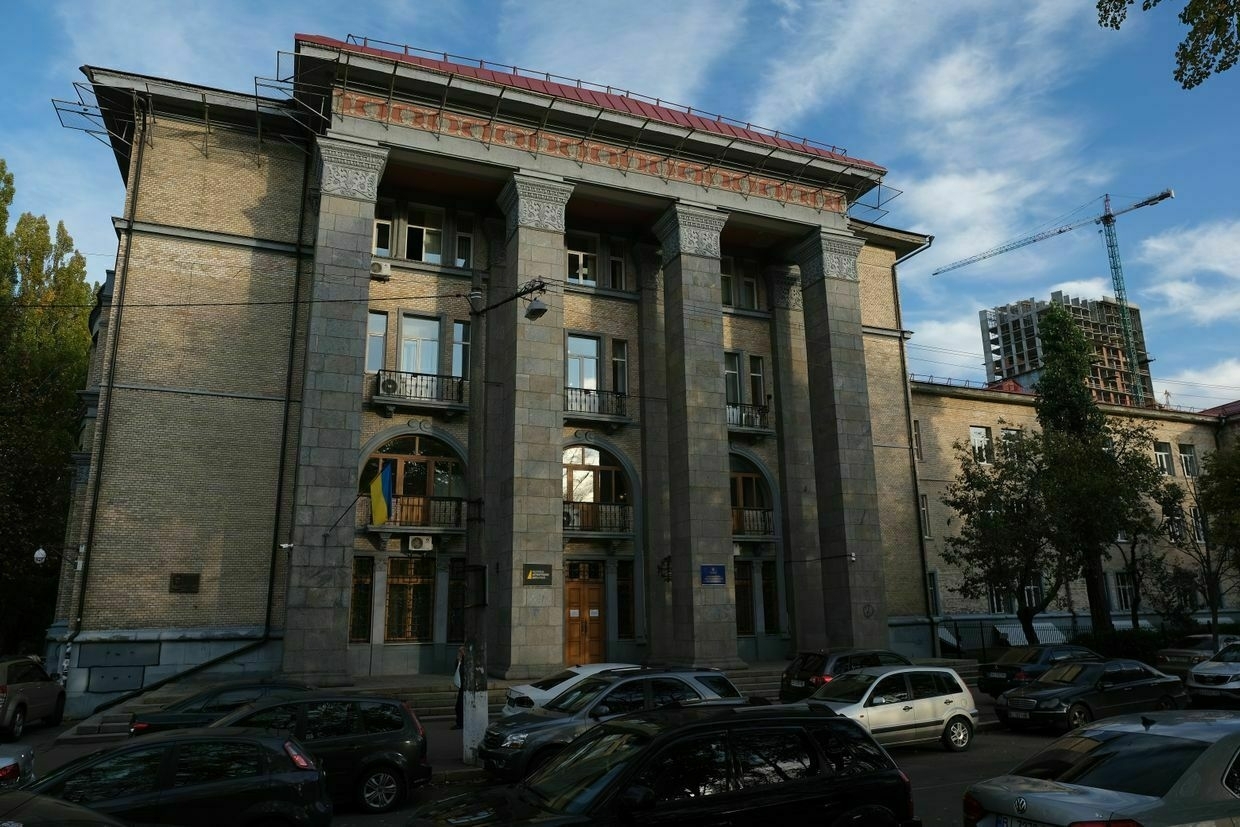
A backlog of stalled reforms
Ukraine's Western partners have also demanded a reform of the Security Service of Ukraine (SBU) for years. The reform envisages stripping the successor of the Soviet Union's KGB of investigative functions, including the ability to investigate economic crimes and corruption and refocus the security service exclusively on counter-intelligence and anti-terrorism.
Investigating economic crimes is seen as vulnerable to corruption, with international observers arguing that the highly militarized Security Service is the wrong body to hold a monopoly over such cases.
The Security Service was formally stripped of the power to investigate corruption in 2015 and economic crimes in 2021, with the functions passing to the National Anti-Corruption Bureau of Ukraine (NABU) and the Economic Security Bureau, respectively.
However, the SBU is managing to bypass this restriction. Prosecutors still routinely allow the SBU to investigate economic crimes and corruption jointly with other law enforcement agencies.
In 2021, the parliament passed in the first reading a bill stripping the SBU of all investigative functions but the bill has seen no progress since then.
One of the sources told the Kyiv Independent that "when the Russian invasion began, any moves toward reforming the SBU were essentially put on hold by parliament and all stakeholders."
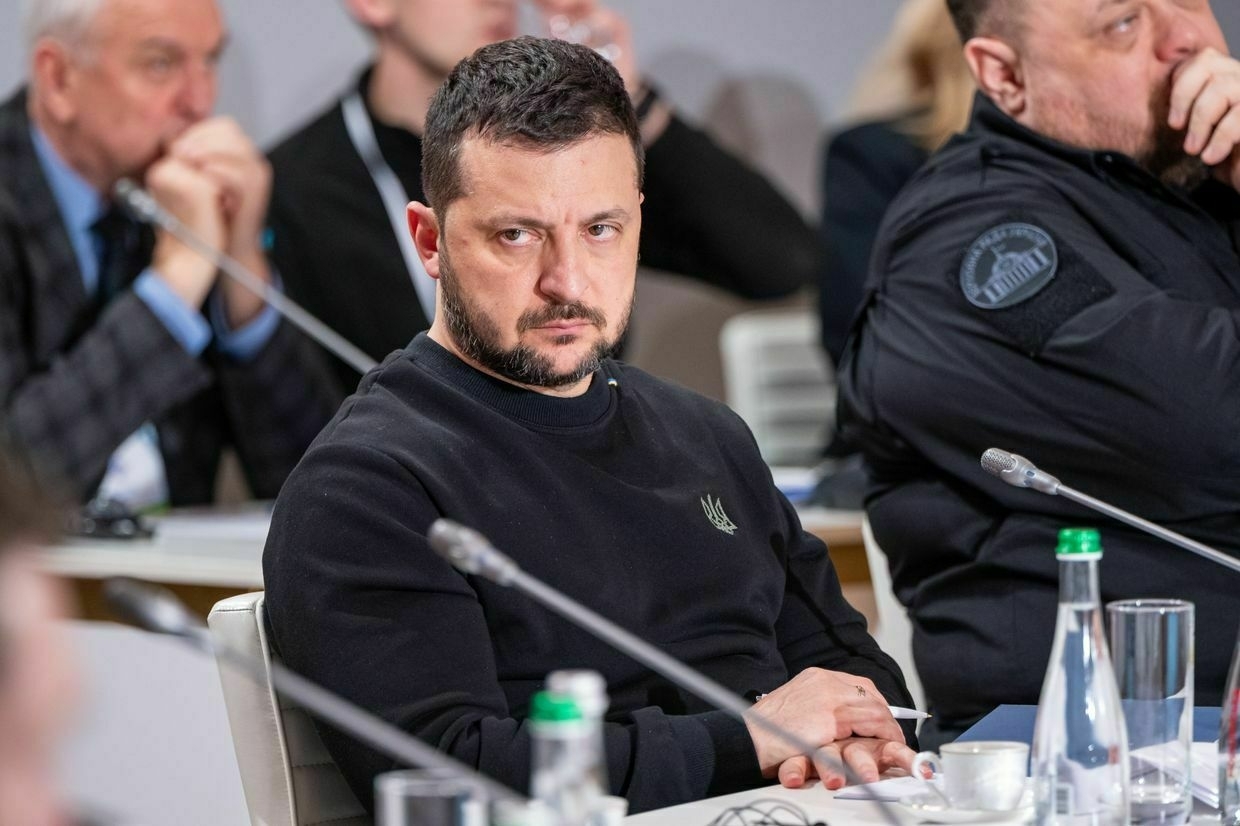
Mariana Bezuhla, a controversial and outspoken lawmaker and formerly a member of Zelensky's Servant of the People party, said in January that the European Union and NATO "have become completely indifferent to the reform of Ukraine's security sector," including the SBU.
Another problem seen as a violation of Ukraine's obligations to its Western partners was the closure of the public register of officials' asset declarations following Russia's full-scale invasion in 2022. The Ukrainian authorities passed a law to allow officials not to file electronic asset declarations and shut down public access to all previous declarations.
The West supported restoring the asset declaration system. However, Ukraine's Western partners did not insist on making government officials' asset declarations public again, according to Yurchyshyn, Butko and a source from Ukraine's civil society.
Under domestic pressure, Zelensky signed a law in 2023 to restore the asset declaration system and make declarations public again.
 The Kyiv IndependentOleg Sukhov
The Kyiv IndependentOleg Sukhov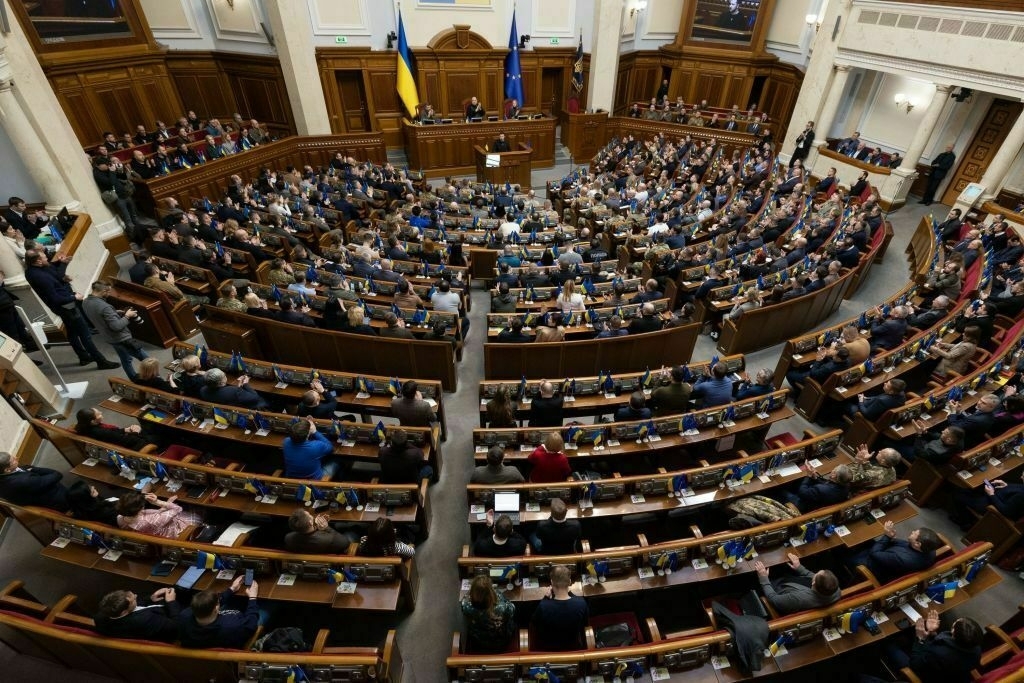
Defense procurement scandal
Reforms in the defense sector have also begun to lose momentum.
One of the key reforms concerns the Defense Procurement Agency (DPA), which was created in 2022 to make defense procurement more transparent and to sideline middlemen making fortunes on supplies to the military.
In January, the DPA's supervisory board extended the contract of its head, Maryna Bezrukova, but Defense Minister Rustem Umerov fired her nonetheless.
Umerov has been lambasted by anti-corruption activists for what they see as his efforts to destroy the agency's independence. He denied the accusations of wrongdoing.
On Jan. 27, G7 ambassadors called for a swift resolution of the Defense Procurement Agency dispute and urged uninterrupted continuation of weapons procurement.
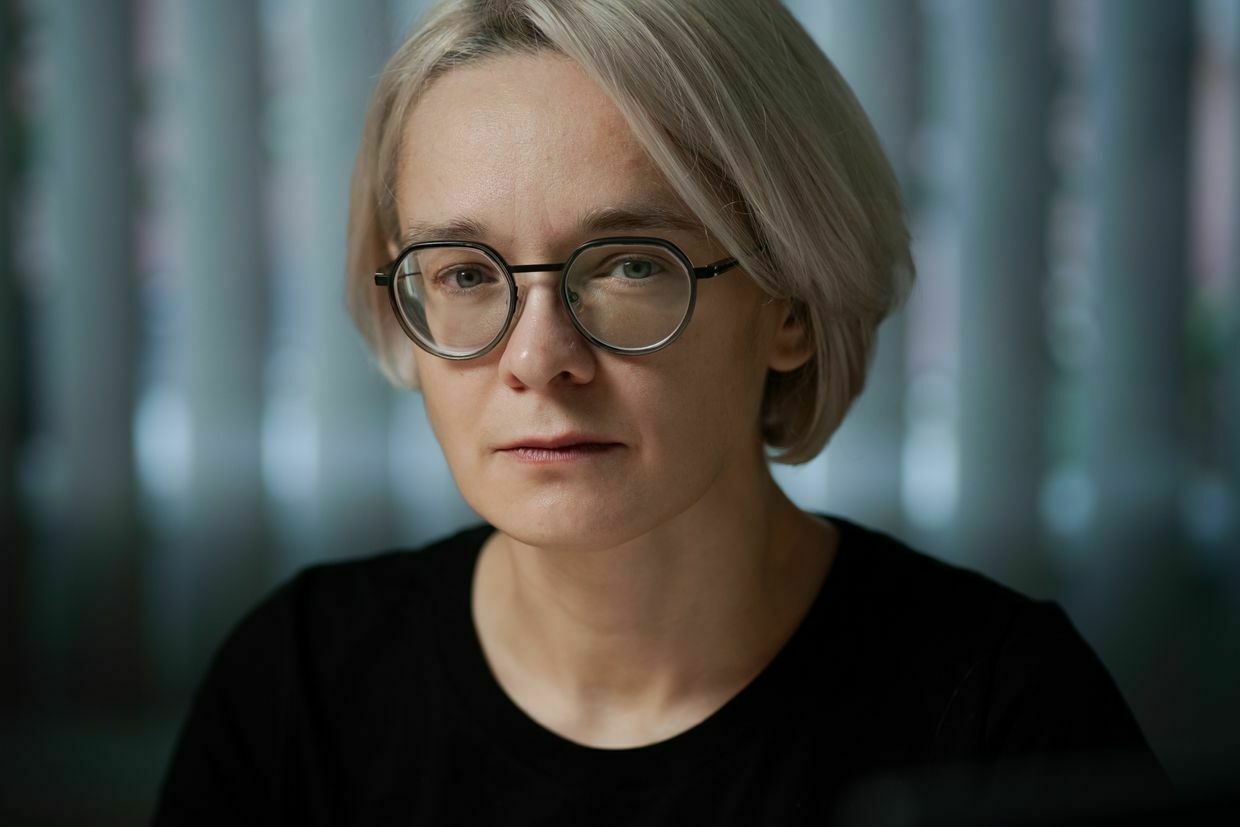
However, the West has issued no concrete calls for reinstating Bezrukova or restoring the DPA's independence.
The G7 statement is vague and can be interpreted in different ways, one of the civil society sources said.
It was an attempt to "stop this chaos and return to proper procedures," but Umerov may interpret it in the sense that he can appoint a new head of the agency and a new supervisory board, according to the source.
The source said that the West's soft approach allowed Umerov to turn his back on the agency's independence. Umerov appointed Arsen Zhumadilov as the new head of the Defense Procurement Agency (DPA) on March 6, bypassing the supervisory board.
"When it comes to the defense sector, international partners are even weaker because it's very difficult for them to dictate how Ukraine should fight," the source said.
 The Kyiv Independent
The Kyiv Independent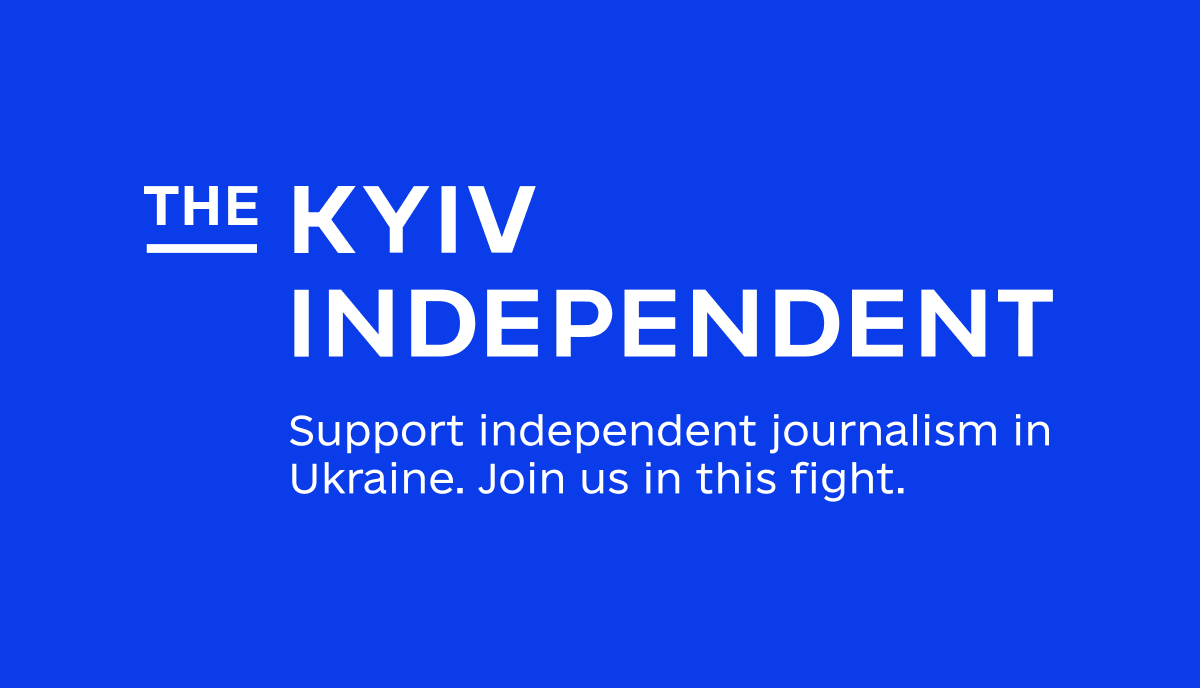
 The Kyiv IndependentDominic Culverwell
The Kyiv IndependentDominic Culverwell